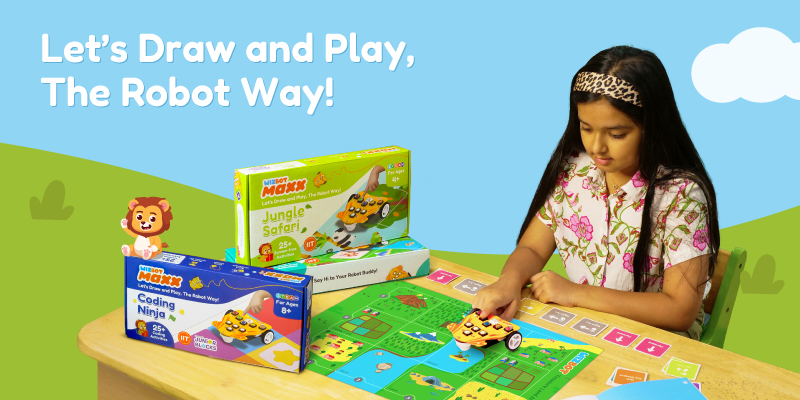Critical thinking is a desire to seek, patience to doubt, fondness to meditate, slowness to assert, readiness to consider, carefulness to dispose and set in order; and hatred for every kind of imposture.
– Francis Bacon (1605)
As human beings, we have to be thinking constantly; about daily routine things that we need to do, such as what we should wear, eat, and how we need to progress about the day. This is something that’s extremely important for all of us as human beings in order to evolve; to think. We think all the time. Not just about our day and how we’re going to spend it, but also about how we should communicate and act around people; because human beings are social animals and we need to be able to think. In hindsight, thinking is essential; and inefficient thinking can lead to uncomfortable situations.
Where does Critical Thinking stand with STEM?
Now, we’ve talked about STEM a lot. We’ve learned about what it means, what it implies, and how it helps both children and their parents. But what about the origin of STEM? Do we know how STEM came into being and what its elementary building blocks are? One such element of STEM is critical thinking.
When we start asking questions like what, why, and how, we give way to a much broader yet rational mindset. Madhucchanda Sen, in her book, An Introduction to Critical Thinking, states that as soon as we start questioning the methods of persuasion that are thrust upon to make us believe or do things, we are thinking critically.
It’s important to realise that the education system sometimes turns into a spoon-feeding nanny. It’s mostly rote-learning, and testing without a section dedicated to the real-world application. And this, sometimes, curbs the thinking ability of students and there’s no way for them to be curious with utmost freedom; as if they are machines, or heavily programmed.
Critical Thinking and what Philosophers had to say about it
Socrates said that an unexamined life is not worth living. Reasoning is the key to examining life most efficiently. Observations, conclusions, hypotheses, theories; these factor into our perception of the world. Without a foundation to an unadulterated thinking to gather the general scheme of information, it severely hampers our perception of the world around us the way it is; our irrational beliefs weigh into corrupting that very perception. And it’s safe to say that when reason is eliminated from the equation, the equation becomes meaningless.
Steven Nadler, professor of Philosophy at the University of Wisconsin- Madison talks about Spinoza’s God and says that nature is not the object of worshipful awe or religious reverence. He quotes Spinoza’s view of nature which says,
The wise man seeks to understand Nature, not gape at it like a fool.
Critical Thinking as a foundation of STEM
STEM, unlike the conventional education system, promotes a way of thinking which includes a series of reasoning and informed unbiased judgement, which is the very crux of everything that critical thinking is about. The bedrock of critical thinking is as ancient as the origin of the term itself. Critical thinking is often equated to deep thinking when it clearly isn’t. This is a very popular misconception.
Science and Mathematics go back to the time when philosophers realized that critical thinking is the most rational way of inferring from our perceptive premises. Critical thinking is one of the most crucial factors of STEM and how it came to be. It provides STEM with a carcass of logic and pragmatism. It is important to realise that when we evade logic, our judgement becomes crowded. And that is exactly what STEM stands for.
Critical thinking works against the egocentric tendencies of the mind, cognitive biases and fallacies we commit in our mind. It questions the nature of knowledge itself. It’s a tool that philosophy has been using extensively for centuries.
There is little voluntary effort that has to be put when it comes to developing this particular skill in students because STEM naturally promotes it. However, we could all use a little insight into what we can actually do. Hence, here are some resources that you may refer to in order to dwell deeper into the concept:
You can find all about critical thinking here.
This indulges deeper into the concepts of critical thinking without compromising its crucial elements.
This will give you a profound understanding as to where critical thinking stands with STEM.
In A Nutshell
The ability to think clearly and rationally is important for people from all walks of life. In the highly globalized world that we live in, it is necessary to be flexible with our intelligence. This particular skill is what critical thinking brings in. We need to think, and analyze in order to understand our surrounding; and then work upon our understanding rationally by not altering the details. As a critical thinker, it is important to be true to the reality around us.










